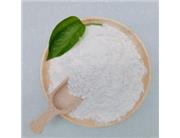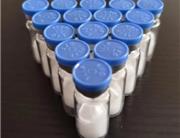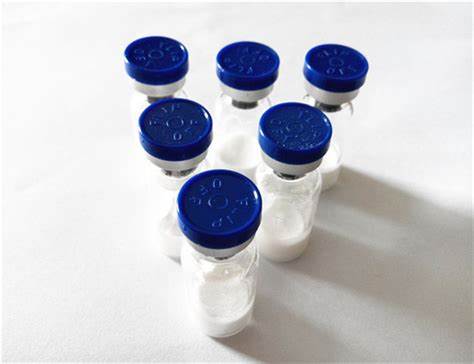
Thymosin beta-4 is a polypeptide produced by thymosin cells that has many important biological activities. It is widely distributed in the body, including tissues such as the heart, liver, skeletal muscle and skin.
The main function of thymosin beta 4 is to promote cell migration, tissue repair and regeneration, and fibrinolysis. It plays an important role in wound healing, injury repair and muscle development. Thymosin beta 4 also has anti-inflammatory and antioxidant properties.
Thymosin beta 4 can be produced by chemical synthesis or genetic engineering techniques. In chemical synthesis, solid-phase synthesis or liquid-phase synthesis can be used. Genetic engineering technology can use recombinant DNA technology to introduce the thymosin beta 4 gene into the appropriate expression system, and then obtain it through expression and purification.
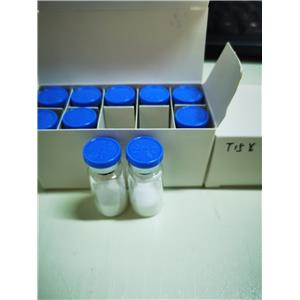
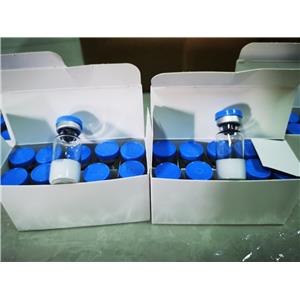
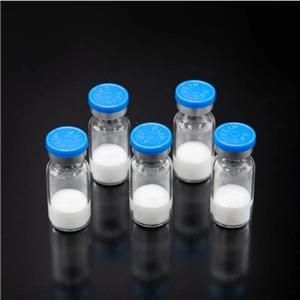
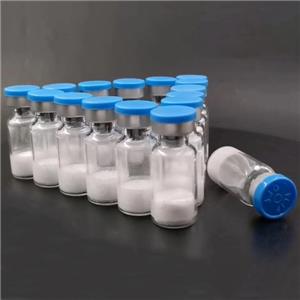
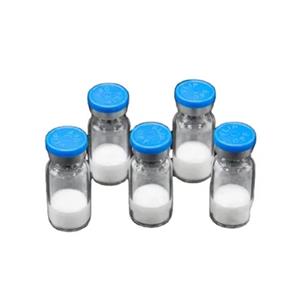

 China
China
